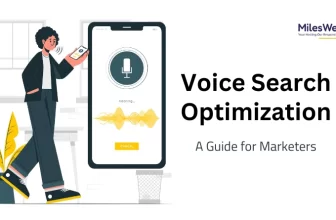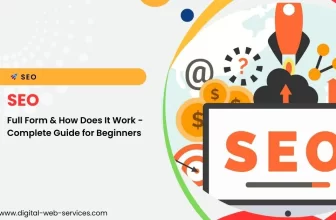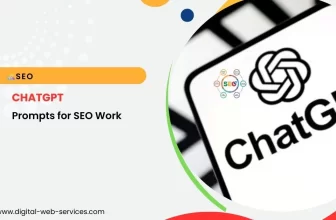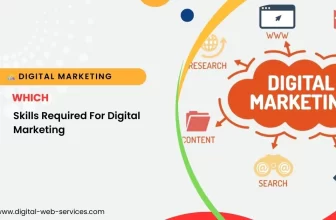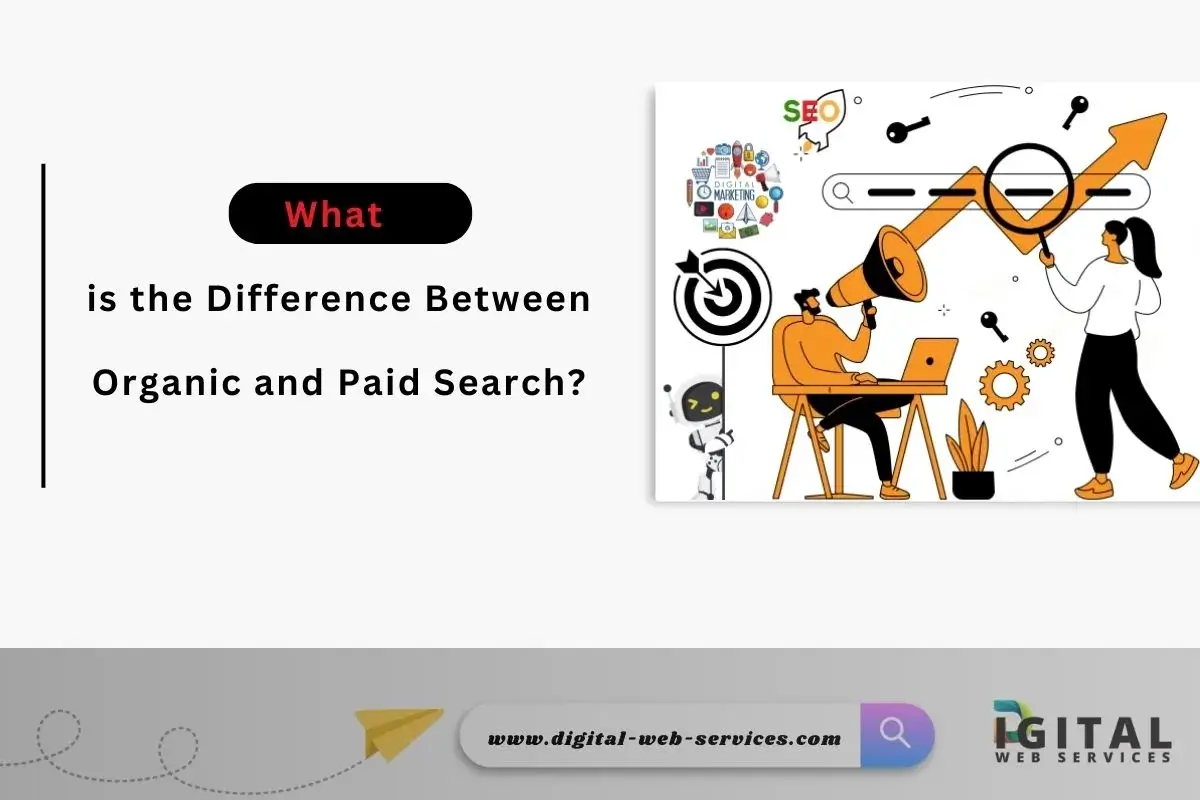
Understanding the difference between organic and paid search is essential for creating a successful search engine optimization (SEO) and advertising strategy. While both aim to increase visibility and drive traffic, they operate differently in terms of cost, ranking, and long-term effectiveness. Let’s break down the key distinctions between organic and paid search and explore which might be the right fit for your business.
Definition of Organic Search vs. Paid Search
- Organic Search: Organic search results are the unpaid listings that appear in search engines due to their relevance to the user’s query. These results are based on SEO practices such as keyword optimization, content quality, and link building. Organic results take time to build but can provide lasting visibility.
- Paid Search: Paid search results, also known as pay-per-click (PPC) advertising, are ads that businesses pay to appear at the top of search engine results pages (SERPs). These ads are usually marked as “sponsored” or “ad” and can offer immediate visibility for keywords that might be highly competitive in organic rankings.
Cost and Investment
- Organic Search: There is no direct cost for organic search placement, as it relies on SEO. However, investing in high-quality content, SEO tools, and professional expertise is necessary to achieve strong organic rankings. The cost is generally lower over time as it builds consistent, sustainable traffic.
- Paid Search: Paid search operates on a bidding model, where businesses pay per click or impression on their ad. The cost depends on factors such as keyword competition and audience targeting. Although this can be costly, especially for highly competitive keywords, it provides an immediate return on investment (ROI) through faster visibility.
Time to Results
- Organic Search: Organic search is a long-term strategy. It can take weeks or even months to see significant results as search engines evaluate the content’s relevance and authority. However, the results tend to be sustainable, as a high-ranking page will continue to bring in traffic without ongoing costs.
- Paid Search: Paid search offers almost instantaneous results. Once an ad campaign is launched, it begins to show up in search results, driving immediate traffic to your website. This speed can be advantageous for short-term campaigns, product launches, or seasonal promotions.
Click-Through Rate (CTR) and User Trust
- Organic Search: Many users trust organic search results over paid ads, as these appear more genuine. Organic listings often have higher click-through rates (CTR), especially when ranking high on the first page of search results.
- Paid Search: Paid ads are positioned prominently, increasing visibility but often resulting in lower CTR compared to organic listings. However, paid search is useful for specific, targeted promotions where user intent is high, such as a user searching for a specific product or service.
Ranking Criteria and Optimization
- Organic Search: Ranking organically depends on several SEO factors, including content quality, keyword relevance, backlinks, mobile-friendliness, and page load speed. Regular optimization is needed to maintain high organic rankings, especially as search algorithms evolve.
- Paid Search: Paid search rankings are determined by bid amounts, ad quality, and relevancy score. While paid ads require attention to ad copy and targeting settings, the criteria are generally less complex than organic SEO. Optimization focuses on cost-per-click (CPC) and click-through rate (CTR) rather than long-term SEO factors.
Long-Term vs. Short-Term Benefit
- Organic Search: Organic search builds sustainable, long-term traffic. It’s ideal for brand visibility, content marketing, and creating a loyal customer base. Once achieved, high organic rankings can provide consistent, cost-effective traffic for years.
- Paid Search: Paid search is excellent for quick, short-term results. It is often used to promote time-sensitive offers, increase brand awareness, or drive traffic quickly when launching new products or services. However, once the budget is exhausted, the traffic typically drops off.
Conclusion: Which is Better for Your Business?
Both organic and paid search have their advantages, and the right choice depends on your business goals, budget, and timeline. For businesses looking to establish long-term authority and sustainable traffic, investing in SEO for organic search is a wise strategy. On the other hand, paid search is invaluable for achieving immediate visibility and driving quick results, especially for competitive keywords or short-term campaigns.
Many businesses find that a balanced approach, combining both organic and paid strategies, allows them to maximize visibility, drive traffic, and meet diverse goals. By understanding the strengths of each approach, you can create a tailored strategy that brings both immediate and lasting benefits to your brand’s online presence.
Digital Web Services (DWS) is a leading IT company specializing in Software Development, Web Application Development, Website Designing, and Digital Marketing. Here are providing all kinds of services and solutions for the digital transformation of any business and website.



